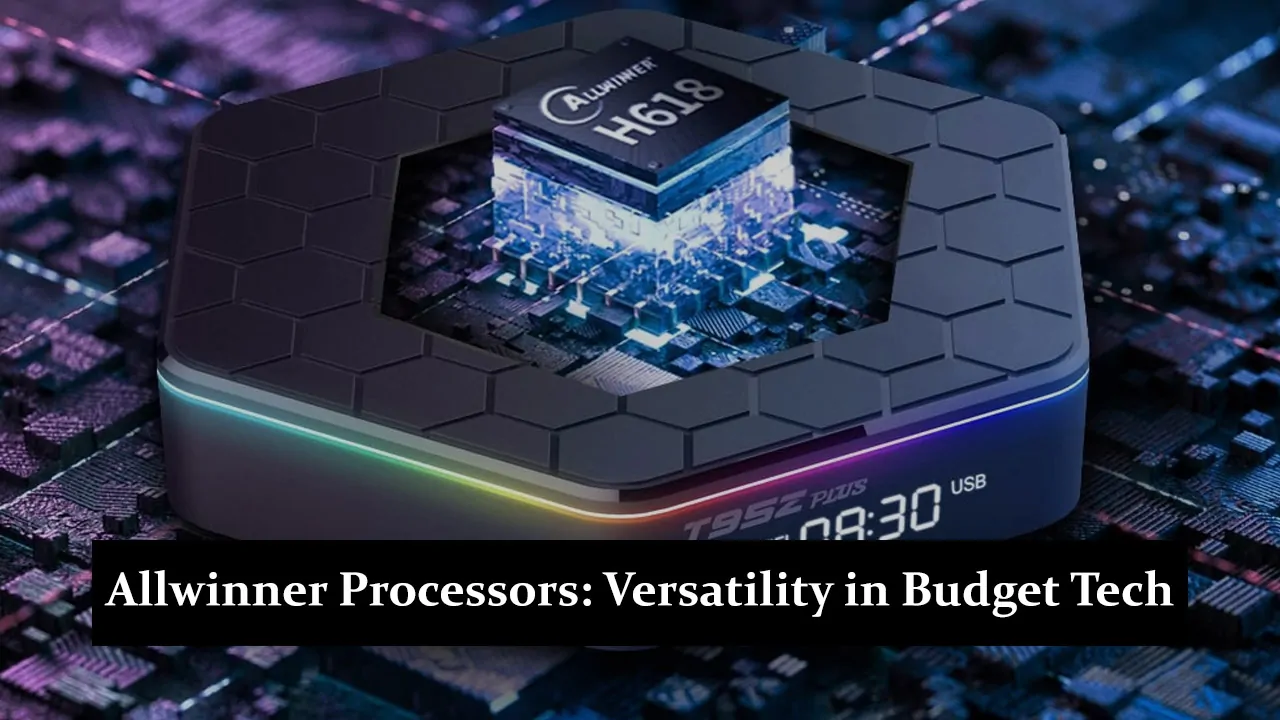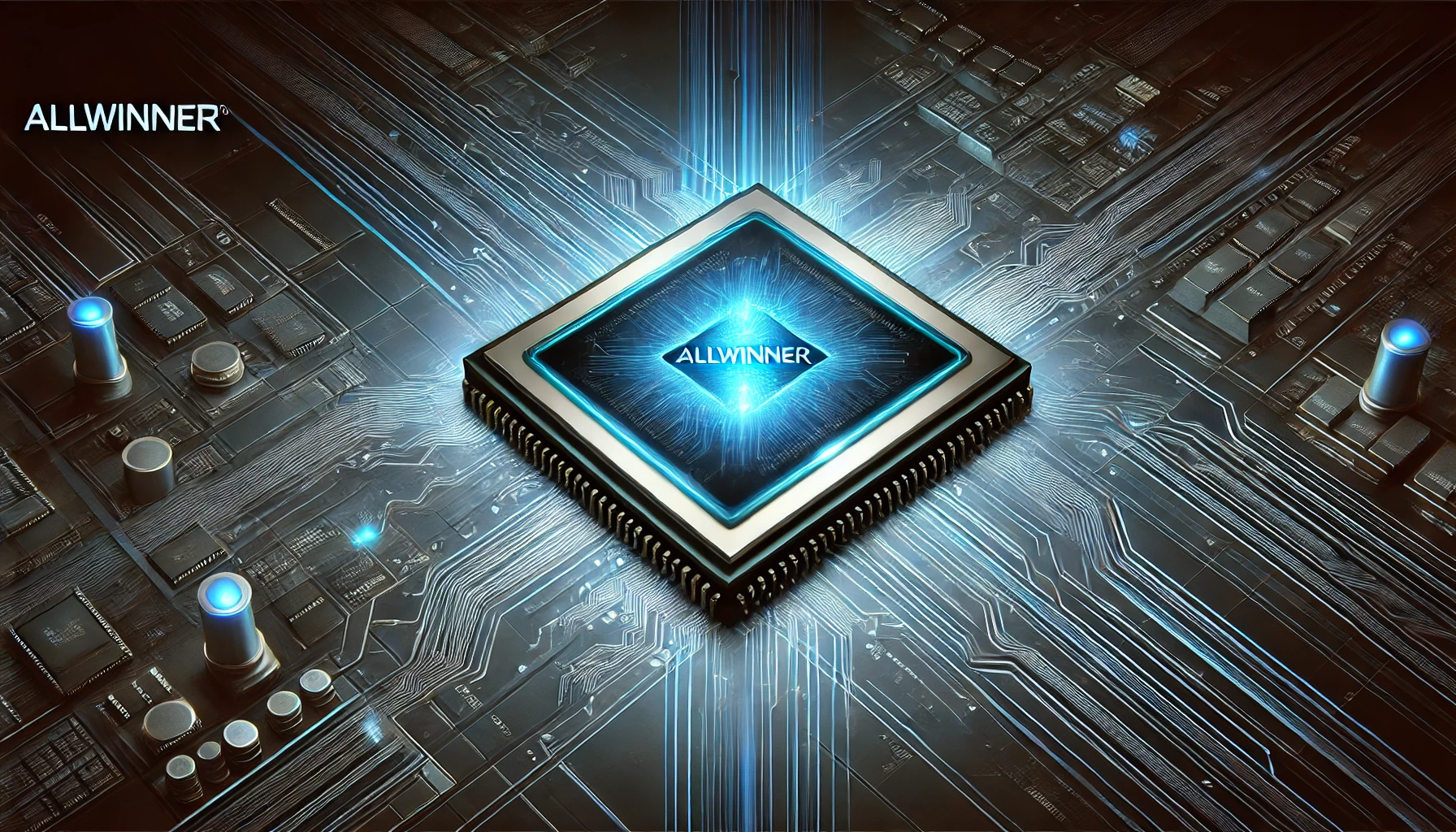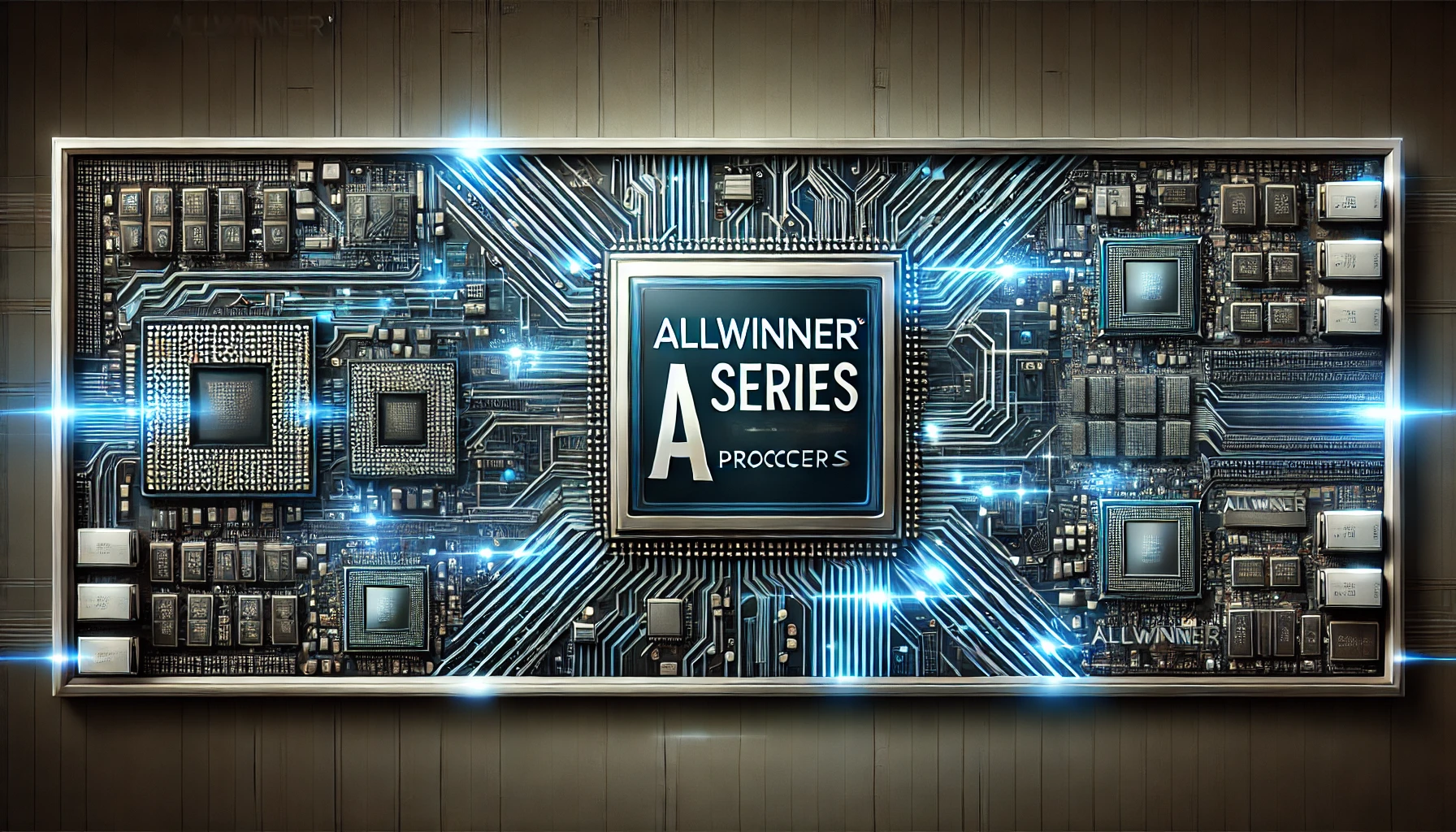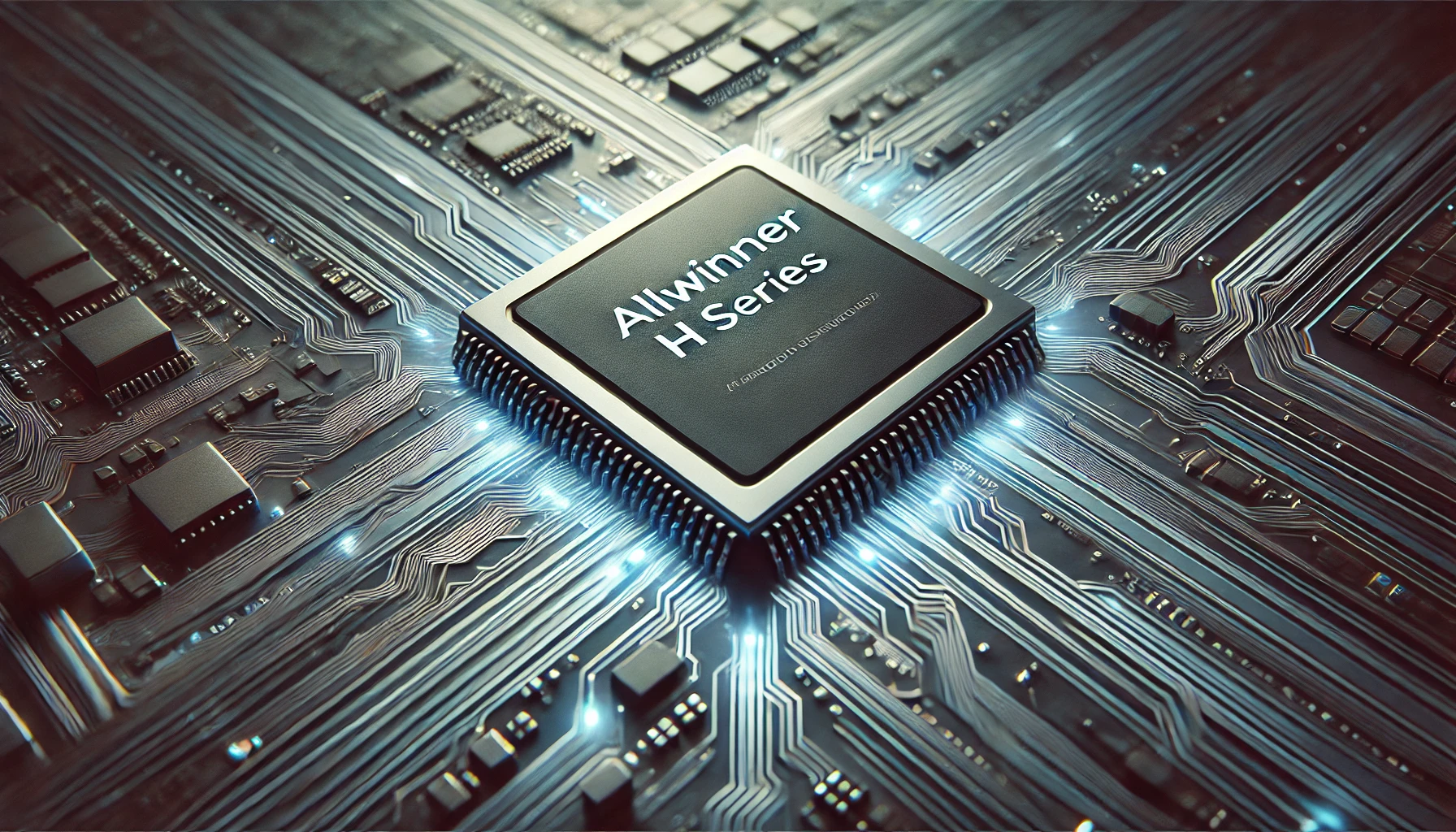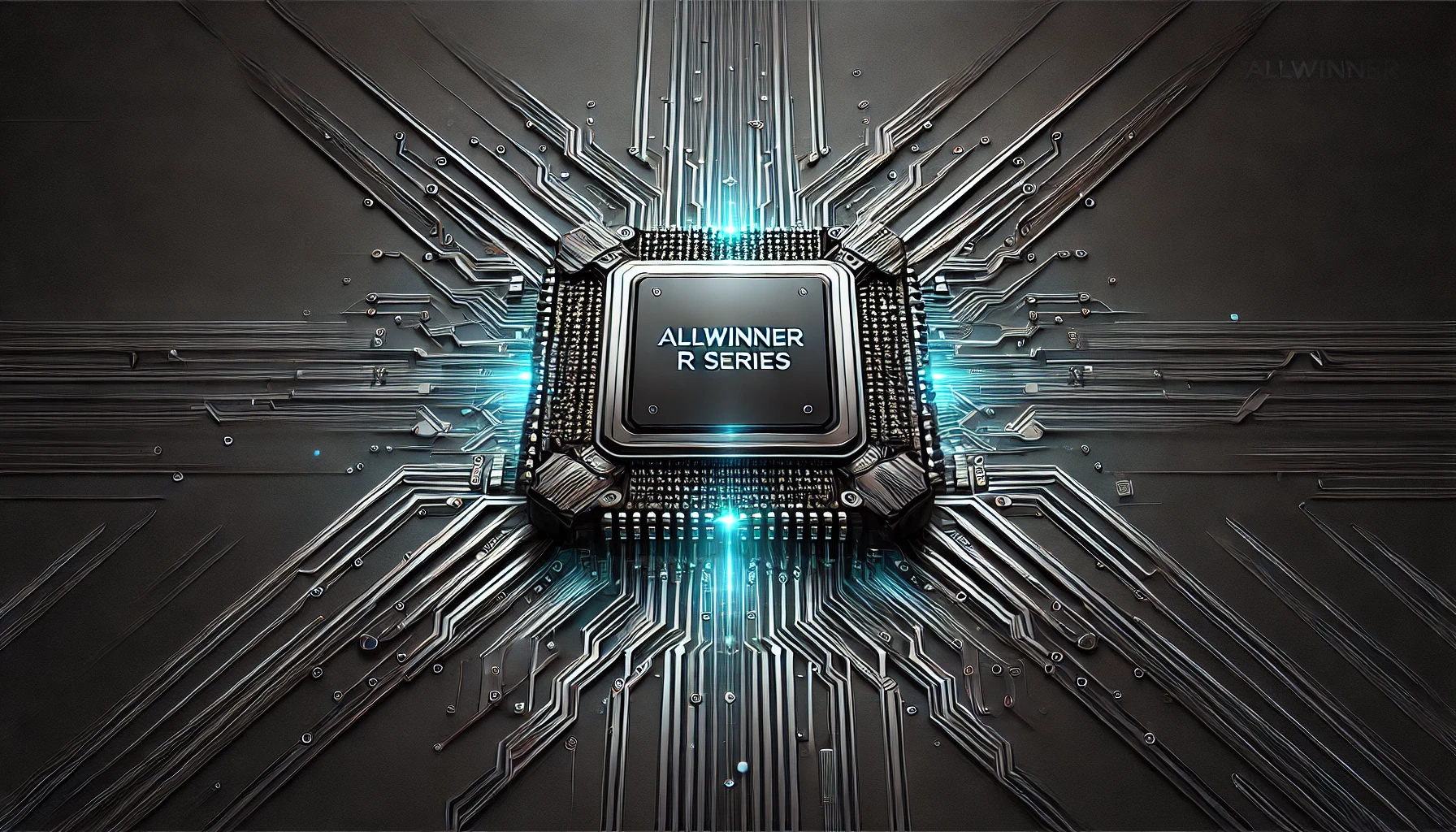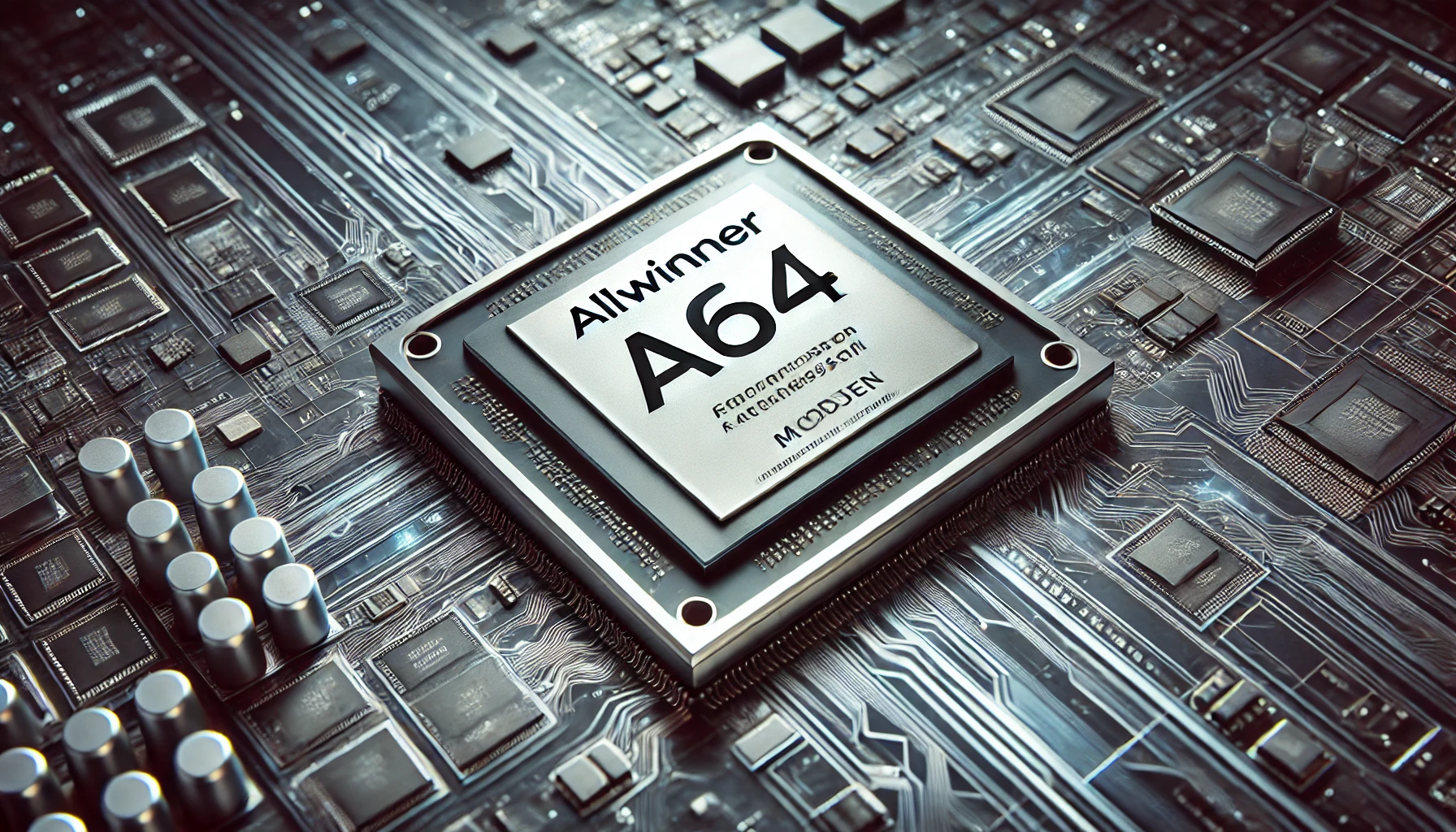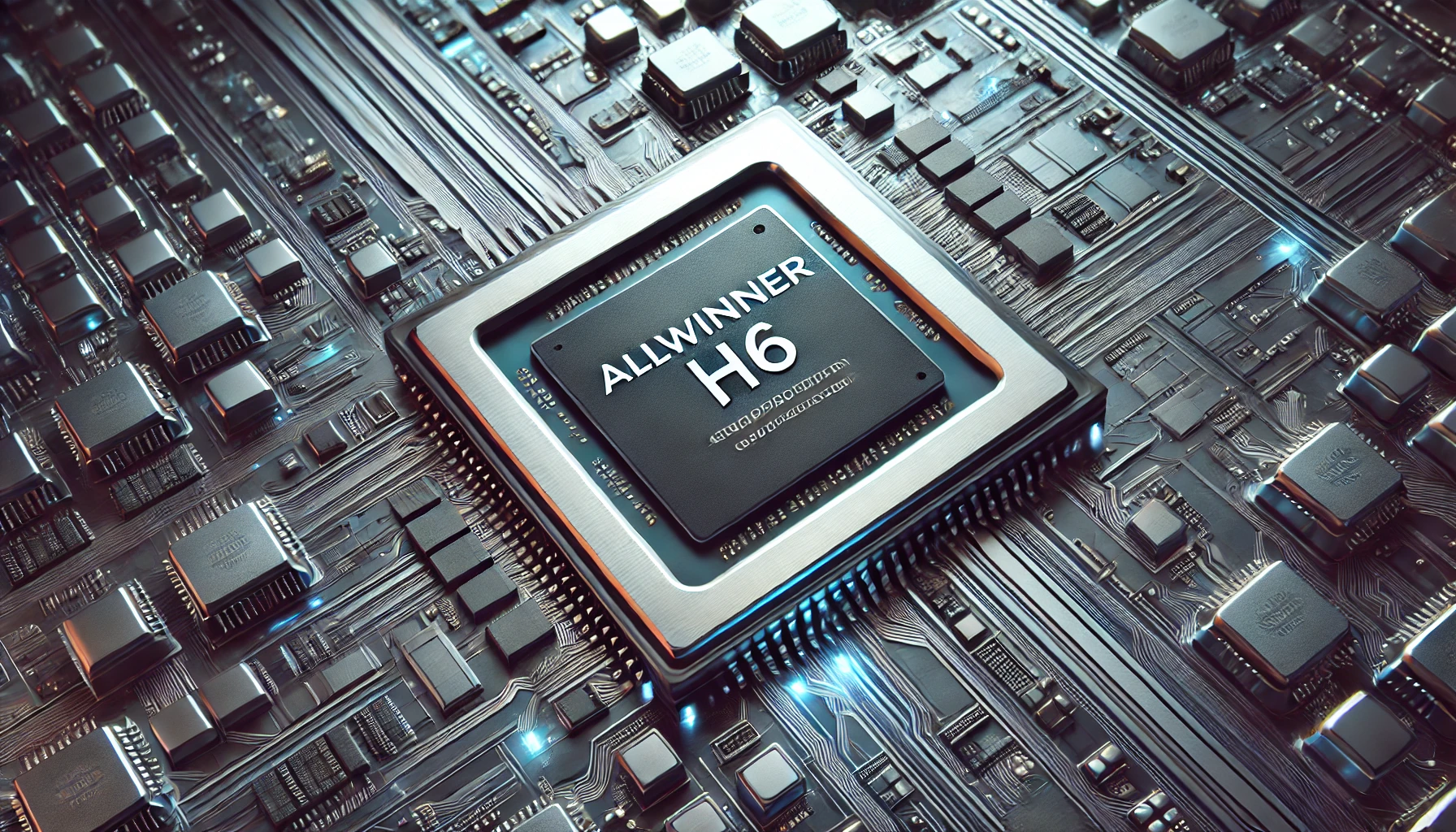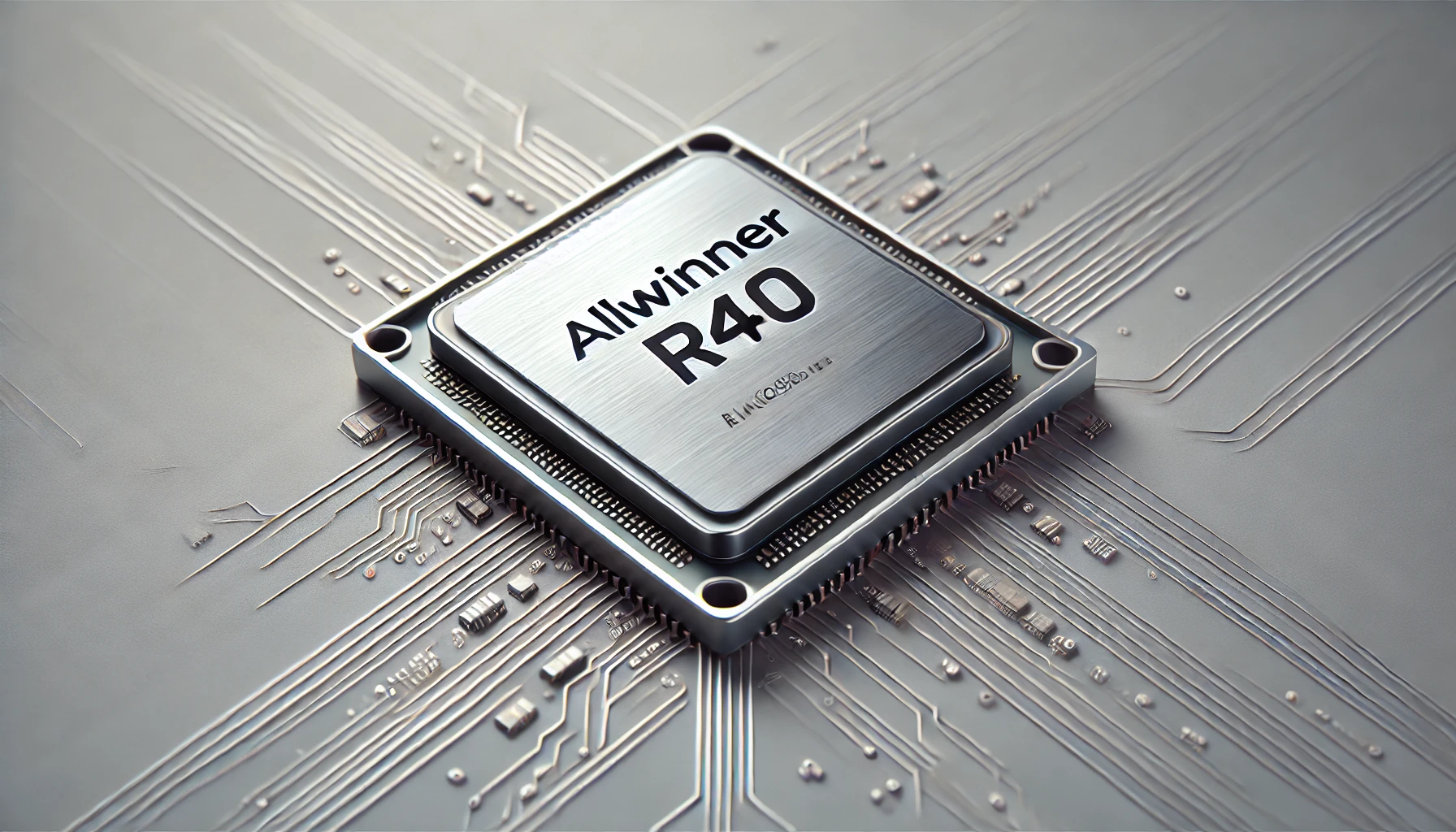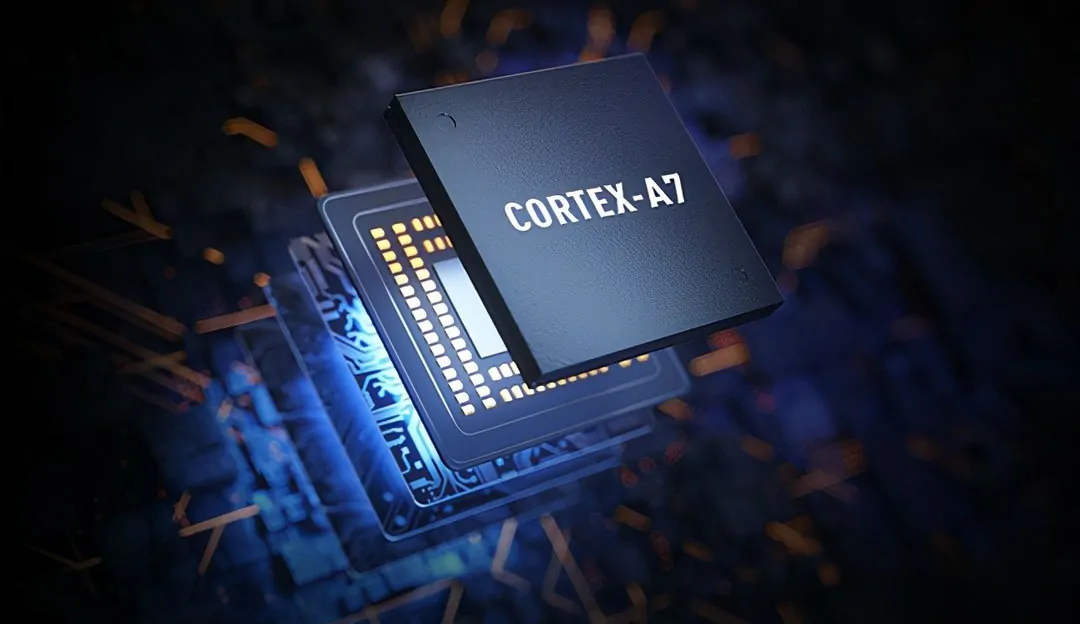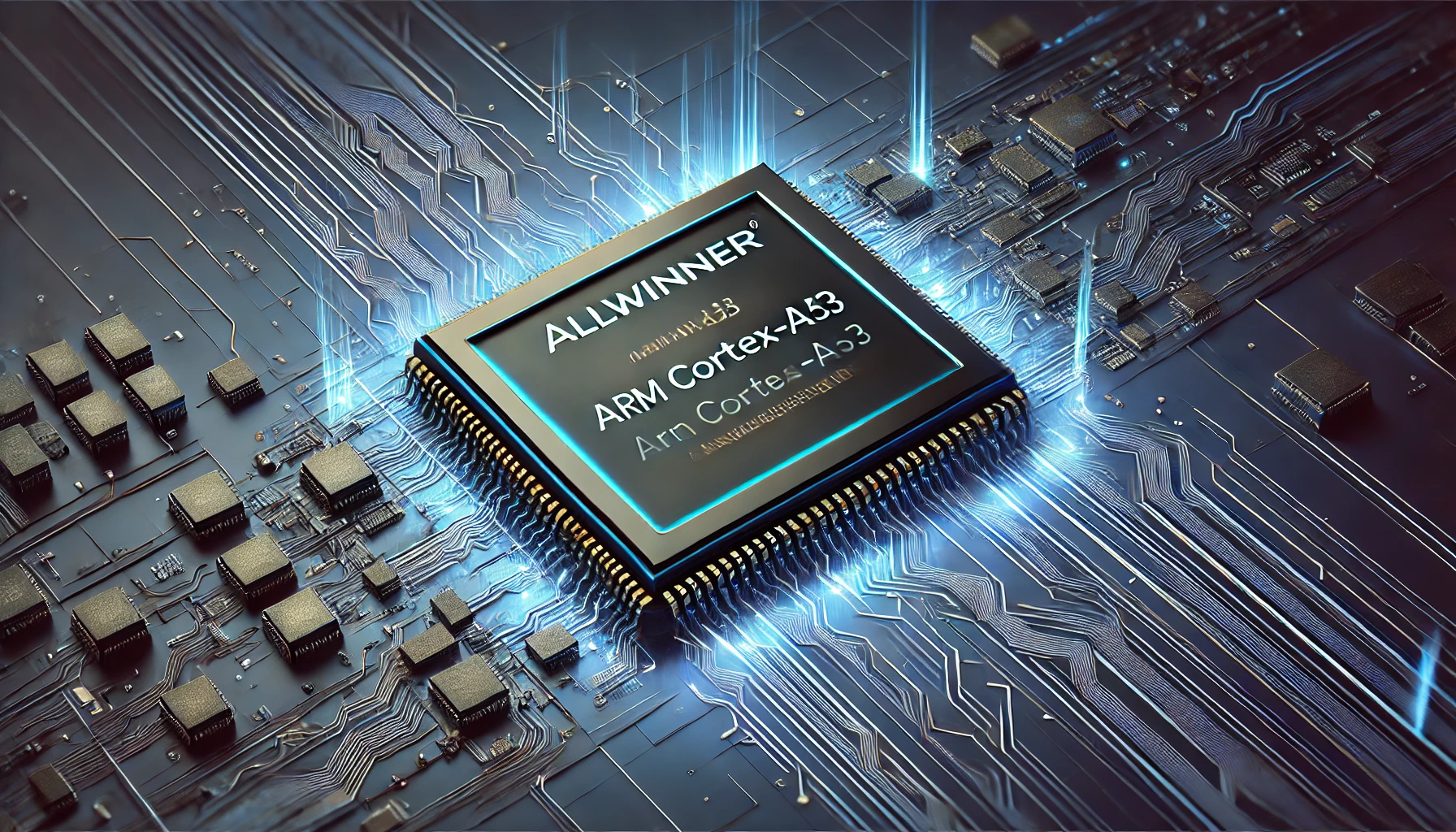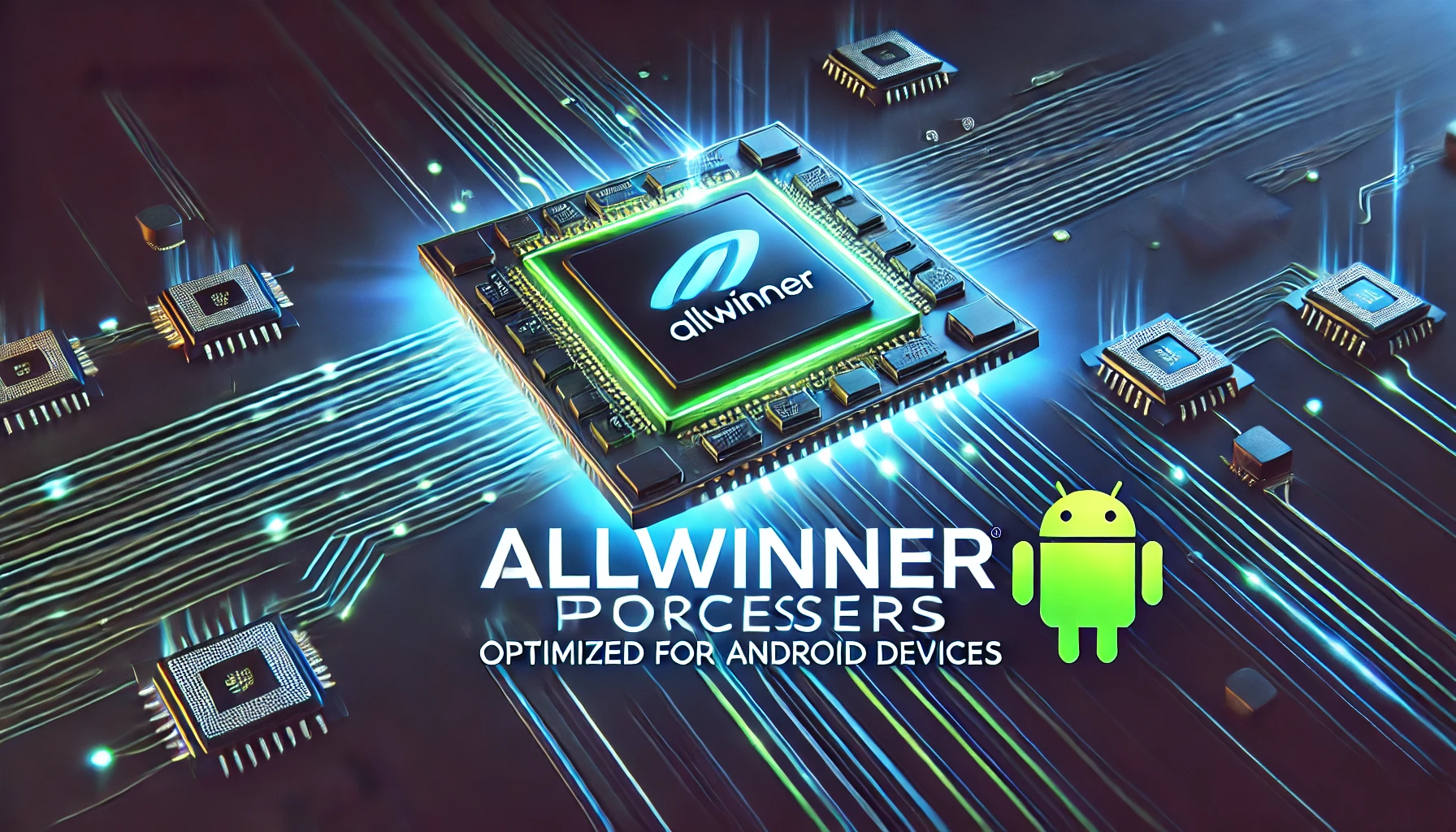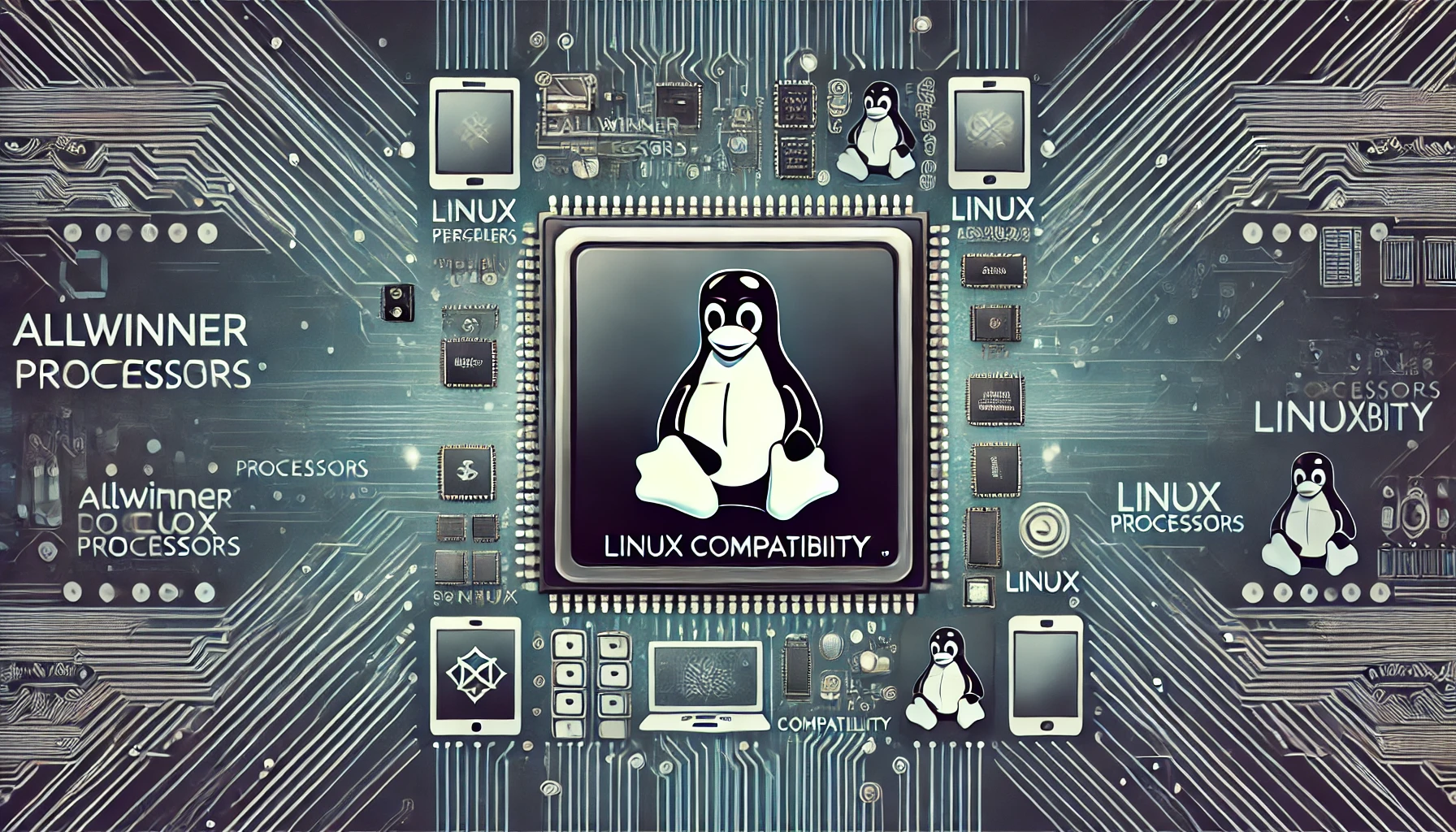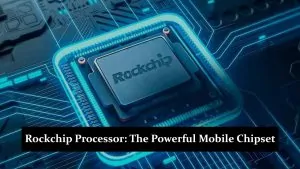Allwinner Technology is a prominent Chinese semiconductor company known for its cost-effective and versatile mobile processors. It is widely used in various devices like tablets, set-top boxes, and smart home products. Allwinner processors, particularly popular in the budget electronics market, have played a significant role in advancing the accessibility of smart technology. This blog will delve into the significance of Allwinner processors in the tech industry, exploring their features, applications, and the impact they have had on consumer electronics. Readers will gain a comprehensive understanding of why these processors are essential in the evolving tech landscape.
History and Background of Allwinner Processors
Allwinner Technology was founded in 2007 in Zhuhai, China, to create affordable and efficient processors for various consumer electronics. Over the years, Allwinner has steadily evolved, developing a diverse lineup of processors that cater to various market needs, from entry-level phones to more advanced applications.
Key milestones in Allwinner’s history include the introduction of their first ARM-based processors, which gained significant traction in the tablet market, and their subsequent expansion into IoT and smart home devices. These developments have solidified Allwinner’s position as a key player in the global semiconductor industry.
Types of Allwinner Processors
Allwinner A-Series
The A-Series processors from Allwinner are designed primarily for consumer electronics such as tablets, smartphones, and multimedia devices. They offer a balance of performance and efficiency, making them ideal for mobile phones that require smooth media playback and general-purpose computing.
Allwinner H-Series
Allwinner’s H-Series processors target home entertainment systems, including smart TVs, set-top boxes, and digital signage. These processors are optimised for high-definition video processing and offer powerful graphics capabilities to enhance the multimedia experience.
Allwinner R-Series
The R-Series processors are designed for industrial and IoT applications, where reliability and long-term support are crucial. They are also used in smartphones, control panels, point-of-sale systems, and other embedded systems that require consistent performance in various environments.
Models of Allwinner Processors
Allwinner A64
The Allwinner A64 is a popular quad-core processor for budget-friendly tablets and single-board computers. It supports 64-bit computing and offers a decent balance of power efficiency and performance. The A64 is notable for its 4K video playback support, making it a versatile choice for multimedia devices requiring high-definition capabilities.
Allwinner H6
The H6 processor is a more powerful option in Allwinner’s lineup. It is designed for home entertainment systems like smart TVs and Android TV boxes. It features a quad-core ARM Cortex-A53 CPU and a Mali-T720 MP2 GPU, providing robust performance for 4K HDR video playback and advanced graphics. The H6 is favoured in applications where high-quality video processing is essential.
Allwinner R40
The R40 processor is engineered for industrial and embedded applications, offering reliability and long-term availability. It features a quad-core ARM Cortex-A7 CPU, making it suitable for control panels, point-of-sale systems, and other embedded systems that demand stable performance. The R40’s support for various interfaces and its ability to operate in diverse environments make it a popular choice for IoT and industrial applications.
Technical Specifications of Allwinner Processor
Core Architecture
-
ARM Cortex-A7
The ARM Cortex-A7 is a highly efficient and cost-effective processor core widely used in Allwinner processors. It is designed with power efficiency in mind, making it an ideal choice for phones, tablets, and other devices where battery life and low energy consumption are critical. Despite being a low-power core, the Cortex-A7 still offers decent performance for everyday tasks, including web browsing, video playback, and basic multitasking. Its architecture allows easy integration into affordable, mass-market devices like budget smartphones, tablets, and embedded systems.
-
ARM Cortex-A53
The ARM Cortex-A53 is a more powerful core, offering a significant performance boost over the Cortex-A7 while maintaining energy efficiency. This 64-bit core is designed for more demanding applications, such as high-definition video processing, gaming, and more intensive multitasking. The Cortex-A53 is commonly found in mid-range to high-end phones, balancing power and performance well. Its architecture supports advanced features like 4K video playback and complex graphics rendering, making it suitable for multimedia-rich applications in smart TVs, set-top boxes, and higher-end tablets.
Clock Speed and Performance Benchmarks
Allwinner processors come with varying clock speeds depending on the model, typically ranging from 1.2 GHz to 1.8 GHz. These clock speeds are optimised for the intended application, whether general computing tasks or more intensive media processing. Performance benchmarks often highlight the processor’s capability to efficiently handle multitasking, video playback, and other multimedia functions, especially in the mid-range and budget device segments.
GPU Integration and Multimedia Capabilities
Allwinner integrates GPUs like the Mali series into their processors, enhancing multimedia capabilities. These GPUs enable smooth video playback, gaming, and support for high-definition displays. For example, the Mali-T720 MP2 GPU in the H6 processor supports 4K HDR video and advanced graphics rendering, making it suitable for home entertainment systems.
Power Efficiency and Thermal Management
Allwinner processors are designed with power efficiency in mind. They leverage low-power cores like the Cortex-A7 and Cortex-A53 to extend battery life in portable phones. They also incorporate thermal management features to prevent overheating during intensive tasks, ensuring stable performance without excessive power consumption.
Memory Support and Connectivity Features
Depending on the model, Allwinner processors support a range of memory types, including DDR3, DDR4, and LPDDR3/4. This flexibility allows them to be used in various smartphone tablets, from budget tablets to industrial systems. They offer robust connectivity options such as USB, HDMI, and Ethernet, enabling seamless integration with peripherals and other smartphones and tablets in consumer and industrial applications.
Applications and Use Cases of Allwinner Processors
Consumer Electronics
Allwinner processors are widely used in various consumer electronics, including tablets, smart TVs, and media players. Their balance of cost-effectiveness and performance makes them ideal, requiring smooth multimedia playback, gaming, and general-purpose computing. For example, Allwinner’s H-Series processors are particularly popular in smart TVs and set-top boxes, delivering high-definition video processing and advanced graphics capabilities.
Industrial Applications
Allwinner processors are utilised in IoT devices, automation systems, and embedded systems in industrial settings. The reliability and long-term support offered by models like the R-Series make them popular for applications requiring consistent performance in diverse environments. These processors power devices such as control panels, point-of-sale systems, and various other embedded solutions that demand stability and energy efficiency.
Education and Development Boards
Allwinner processors are also prominent in the educational sector and among developers, particularly as alternatives to more expensive platforms like the Raspberry Pi. Single-board computers powered by Allwinner chips provide an affordable and versatile option for students, hobbyists, and developers looking to build custom projects, experiment with new technologies, or learn programming and electronics. These boards are widely used in learning environments and DIY projects, making technology more accessible to a broader audience.
Software and OS Support of Allwinner Processors
Compatibility with Android
Allwinner processors are highly compatible with the Android operating system, making them popular for Android-based devices such as tablets, smart TVs, and media players. Many Allwinner models come with optimised support for Android, allowing smooth operation and integration with Android’s extensive app ecosystem. This compatibility ensures that phones and tablets powered by Allwinner processors can easily run the latest Android versions and updates, providing users with a seamless experience.
Compatibility with Linux
Allwinner processors also offer robust support for various Linux/Limo distributions, making them suitable for consumer and industrial applications that rely on open-source software. Many Allwinner-powered cell phone tablets can run Linux-based operating systems, including Ubuntu, Debian, and specialised versions designed for embedded systems. This compatibility is particularly valuable in development environments and custom projects where Linux’s flexibility and control are essential.
Compatibility with Other Operating Systems
In addition to Android and Linux, Allwinner processors are compatible with several other operating systems, including proprietary and specialised systems used in specific applications. For example, Allwinner chips can run lightweight OSes designed for IoT devices, real-time operating systems (RTOS) for industrial automation, and even some versions of Windows, depending on the device and application. This broad compatibility allows Allwinner processors to be used in various products, ranging from consumer electronics to complex industrial systems.
Support for Open-Source Software
Allwinner processors strongly support open-source software, making them a preferred choice for developers and fans who value transparency and flexibility in their projects. The open-source nature of many Allwinner-compatible operating systems, such as Linux distributions, allows users to customise and optimise their software environments to suit specific needs. This openness also encourages innovation and experimentation, as developers can modify and share their work within the community, contributing to the overall growth of the ecosystem.
Development Tools and Community Support
Allwinner has cultivated a robust development community that provides extensive resources, tools, and support for working with its processors. Developers have access to a wide range of development tools, including SDKs, compilers, and debugging utilities, which facilitate the creation of custom software and firmware for Allwinner-powered smartphones and tablets.
An active online community, including forums, repositories, and documentation, offers valuable insights, troubleshooting advice, and collaboration opportunities. This strong community support enhances the overall development experience, making it easier for users to bring their projects to life and overcome challenges.
Advantages of Allwinner Processors
- Cost-effectiveness and Affordability: Allwinner processors are known for their competitive pricing, making them an attractive option for manufacturers and consumers looking for budget-friendly solutions without compromising essential features and performance.
- Versatility and Wide Range of Applications: These processors are designed to cater to various applications, from consumer electronics like tablets and smart TVs to industrial IoT devices and embedded systems. Their adaptability makes them suitable for various mobile phones and use cases.
- Availability and Ease of Integration: Allwinner processors are widely available and supported by numerous development tools and resources, making them easy to integrate into various phones. This accessibility ensures manufacturers can quickly adopt Allwinner solutions in their products, reducing time-to-market and development costs.
Challenges and Limitations of Allwinner Processors
Issues Related to Performance in High-End Applications
While Allwinner processors are excellent for budget and mid-range mobile phones and tablets, they may need help with performance in high-end applications that require more processing power, such as advanced gaming, complex computational tasks, or heavy multitasking. Their focus on cost-effectiveness often means needing more high-performance capabilities for top-tier devices.
Software Support and Driver Availability
Another challenge with Allwinner processors is the occasional lack of comprehensive software support and driver availability, particularly for niche or specialised applications. While there is strong community support, users may sometimes encounter difficulties finding official drivers or updates for specific hardware components, which can hinder device development and long-term maintenance.
Comparison with Other Processor
| Feature/Aspect | Allwinner | Qualcomm | MediaTek | Intel |
| Market Focus | Budget and mid-range devices | High-end, flagship devices | Wide range (budget to high-end) | PCs, laptops, high-performance devices |
| Performance | Moderate, suited for basic to mid-range | High performance, advanced features | Moderate to high performance | High performance, especially in multi-core processing |
| Cost-Effectiveness | Highly cost-effective | Generally more expensive | Cost-effective with more feature variety | Less cost-effective, premium pricing |
| Applications | Tablets, smart TVs, IoT, embedded systems | Flagship smartphones, high-end devices | Smartphones, tablets, IoT | PCs, laptops, servers, industrial applications |
| Connectivity Support | Basic to moderate | Advanced (5G, AI capabilities) | Moderate to advanced (including 5G) | Advanced (Wi-Fi, Ethernet, etc.) |
| Power Efficiency | High, ideal for battery-powered devices | Moderate to high, optimised for performance | Moderate to high, energy-efficient | Varies, generally less efficient in mobile scenarios |
| Software & Driver Support | Strong community support, some limitations | Extensive, well-supported | Moderate to extensive, depending on the model | Extensive, particularly in x86 architecture |
| Target Devices | Low-cost tablets, smart TVs, set-top boxes, IoT | High-end smartphones, premium devices | Budget to high-end smartphones, tablets | Laptops, desktops, servers, industrial systems |
Conclusion
Allwinner processors stand out for their cost-effectiveness, versatility, and a broad range of applications, from consumer electronics to industrial systems. While they may face challenges in high-end performance and software support, their contribution to making technology accessible and affordable cannot be understated. As we’ve explored, Allwinner plays a crucial role in powering devices across various sectors. For those interested in diving deeper, feel free to share your thoughts in the comments below.
